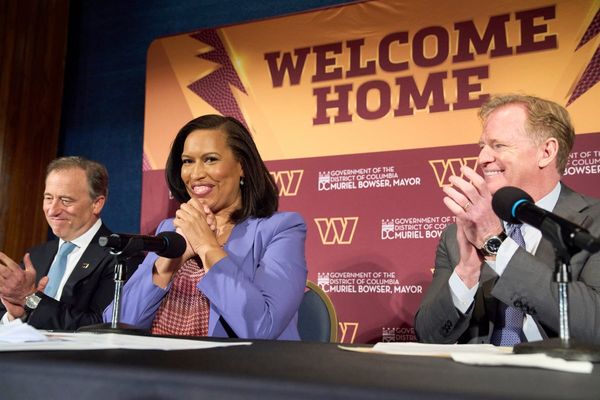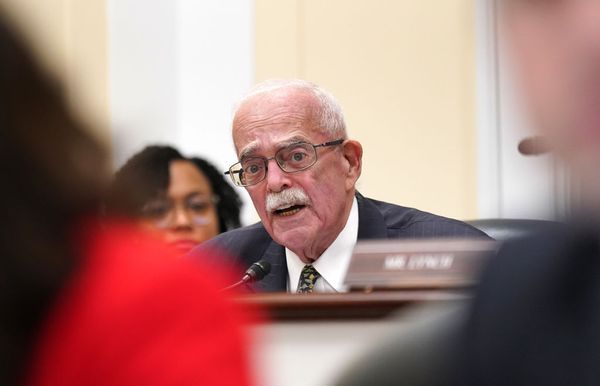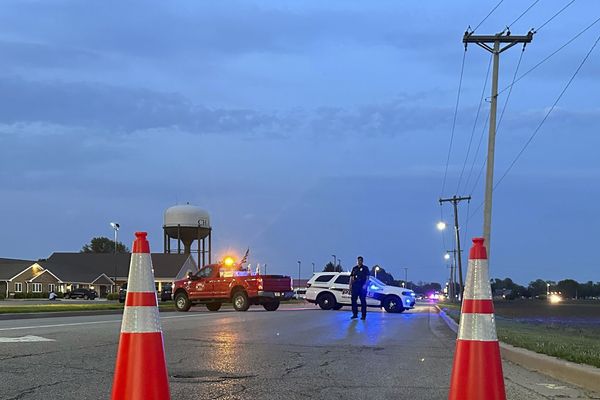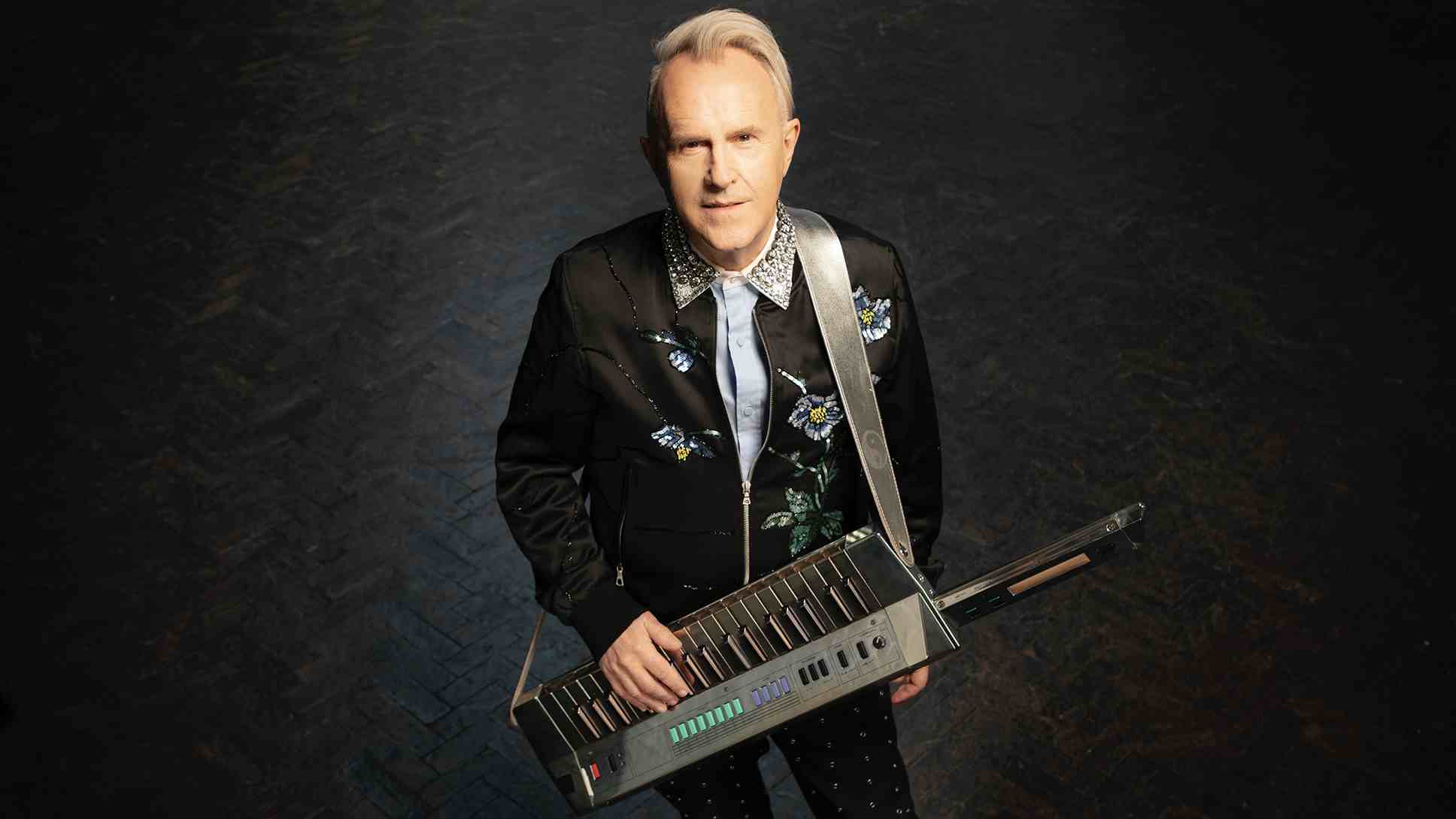
Howard Jones is back. But then, was he ever away? The prolific '80s and '90s pop star has continued writing, and releasing music through the decades, as well as forging a formidable touring career.
Always at the cutting edge of new tech, Jones continues to challenge and experiment with music while keeping fans fed via regular insightful glimpses behind the curtain and into his studio via his YouTube channel.
And Jones’ latest release is perhaps his most personal yet. Piano Composed is a new album featuring 10 brand new piano-only compositions, testing his composer's mettle while showing off his remarkable keyboard skills.
Intriguingly, the new album comes in two forms: Piano Composed Ivory, featuring the original versions of his compositions, and Piano Composed Spirio, which uses Jones’ Steinway Spirio piano and programming system to rearrange and enhance the music beyond what’s possible to play by hand.
To find out more about the new project and his remarkable past, we caught up with Jones at home in his studio.
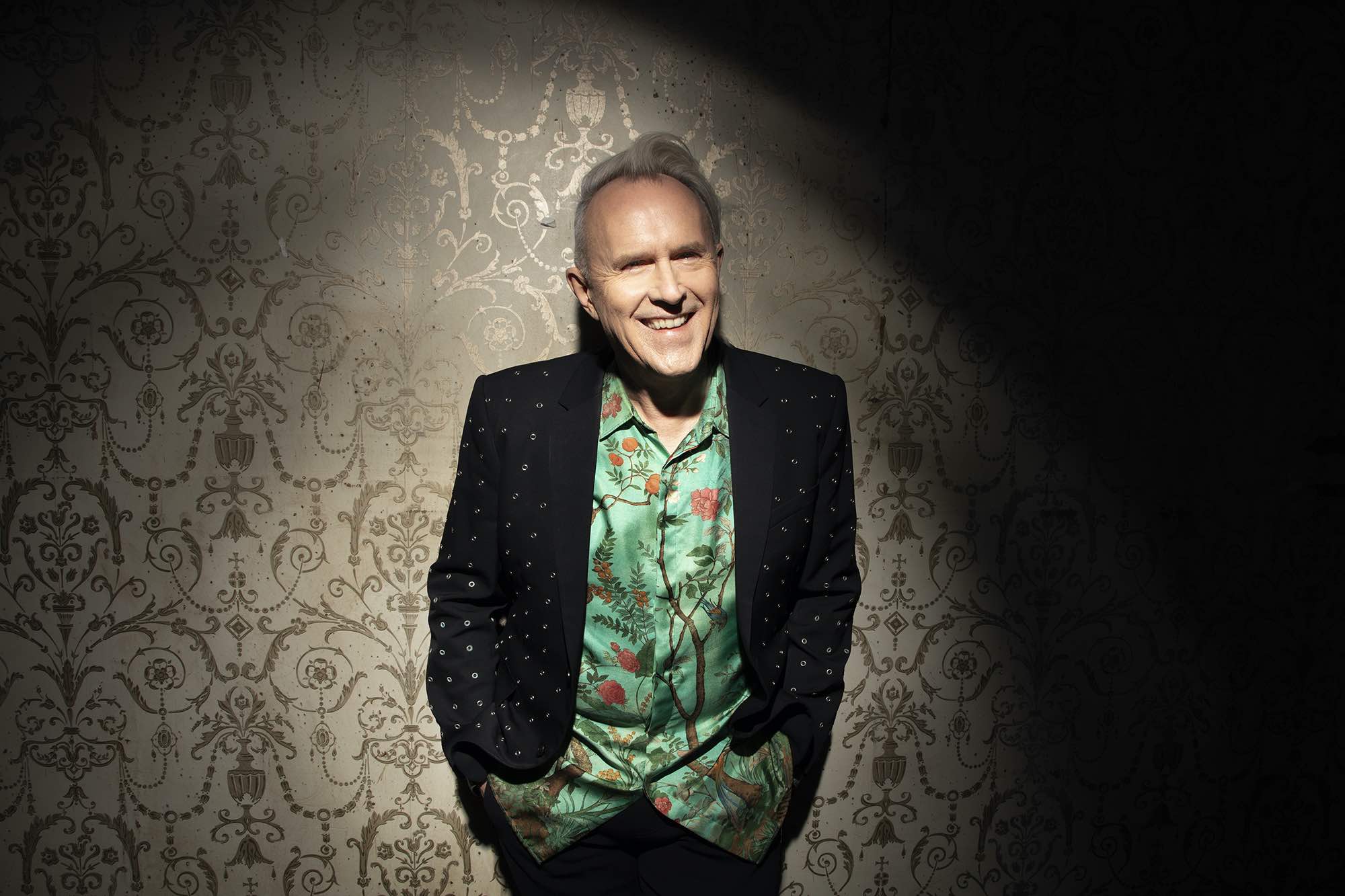
The new album Piano Composed seems a great place to start. Is that something that's been years in the making?
"Well, it's the third piano record that I've done. The first two were quite a long time ago now but they were more like improvisations that I did. If they worked out, then that was great. But this album is different in the sense that I did work on the composition and structure and really did a lot more thinking about what it should be."
I was thinking that it must be so much easier to produce a piano album. You just walk up to the piano and start recording..?
"It was a bit more like that with those first two albums, but this one, no, this was like every note… I started off working with samples in [Synthogy] Ivory, so I actually played the pieces in using Ivory and literally went through every note to get it exactly right. Some of the samples sound really nice and others, at the wrong velocity level, just don’t. So I had to go through it.
"So I'd recorded that and that took me ages. And then my auntie left me some money and I'd always wanted to own a Steinway Spirio, and that came along. And then I thought, ‘I really want to play those pieces back through the Spirio…’ So that was a whole new process.
"And playing the same data back through the Spirio, I had to, again, review everything, and change things and adjust tempos and adjust velocities. And then, of course, the thing with using a real piano is that I saw all the possibilities for adding more. Doubling up on octaves so you could get a different texture and bringing out internal parts. That was another whole process that took me forever as well.
"I’ve probably put more into this than I have any of my other work."
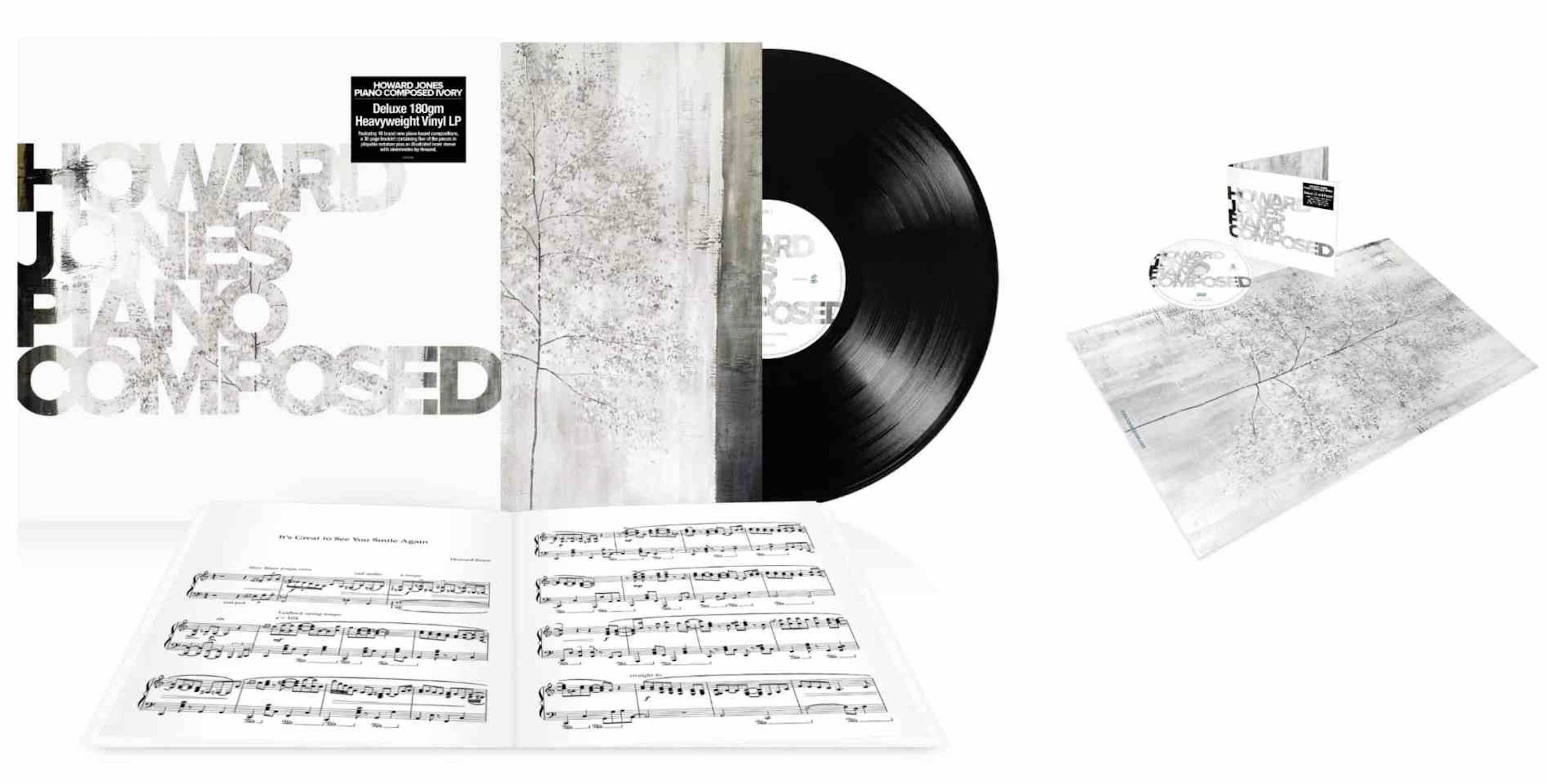
And the Steinway Spirio is kind of the ultimate ‘player piano’?
"It’s more accurate than MIDI when you play stuff in. And it literally does give you back exactly what you put in. They have people like Lang Lang play into it and all the top players in the world. And if it didn’t come back the way they played in, they're not going to be happy.
"Steinway has done a fantastic job on making it super accurate and then it's got its own proprietary software that comes on an iPad and you can edit with that, but I didn’t do so much because I transferred the pieces back into Logic and then worked in Logic.
"I was very aware that Logic wasn't quite as accurate, but I honestly didn't find it to be a problem in terms of accuracy at all. So it all worked out very well."
And for the audio, did that mean miking up and recording your Spirio?
"You put the performance in and then the piano does its thing. And the great thing is that, because the piece will be played back exactly the same every time, I can really work with mic placement and stuff to make sure that it's the best possible sound for each piece."
Whereabouts was that recorded? Was that at your home studio?
"Yeah, that's at home. I've got a lovely room here and the piano is right next to my computer setup so I can just jump from one to the other."
We've been enjoying your YouTube videos from your studio, featuring your old gear...
"Oh, great. I mean, I didn't intend it to be a series of anything, it was just my daughter who does all my social media now. She was here and I’d had some keyboards repaired and had just got them back and she said, ‘We should film some of this’. Actually that was the first time that I played the Prophet-5 because I’d never had one before.
"That was me literally discovering it for the first time so there was a lot of excitement about how good it sounded! My God, it blew me away. I was a Jupiter-8 guy, you know? But that's being fixed at the moment. I’ve also got a Prophet T8 that's been fixed. I've got to go up and collect them and then I'll do another bunch of videos around those."
And you showed your 808 with the triggers on the back to run everything.
"Yes, that's right, because we didn't have proper sequencers in those days. It was just audio triggers going into the [Sequential Circuits] Pro-One and triggering the Juno arpeggio. That's the way it was done. It was all very hands-on with chinagraph marks everywhere to get the tempos right and flicking between the A program and the B program on the 808 to go from verses to choruses and things like that! Man, it was so fun doing all that."
"I mean, it just was like… dangerous doing it live. But I loved that aspect of it. Well, I say that now… But it was terrifying at the time. But it was all good fun.
"Now, you’ve got thousands of people in front of you who’ve paid a lot of money to see you, so it's not great when the stuff breaks down. But things can still go wrong with the modern tech as well. I don't run ‘redundancy’. I made a point with the guys. I said, no, I do not want to run a second computer.
"If it goes wrong, it goes wrong. I will go to the piano and I will play stuff for the people and sing whilst you fix it! And maybe nobody will even know that anything has gone wrong. I don't want to have that safety net. I never had it in the past and I don't want to have it now.
"There should always be an element of risk when you're performing live. If there's not, then the audience? You lose them to a certain degree. There has to be a jeopardy there, and that's what makes it super exciting to go to a live gig."
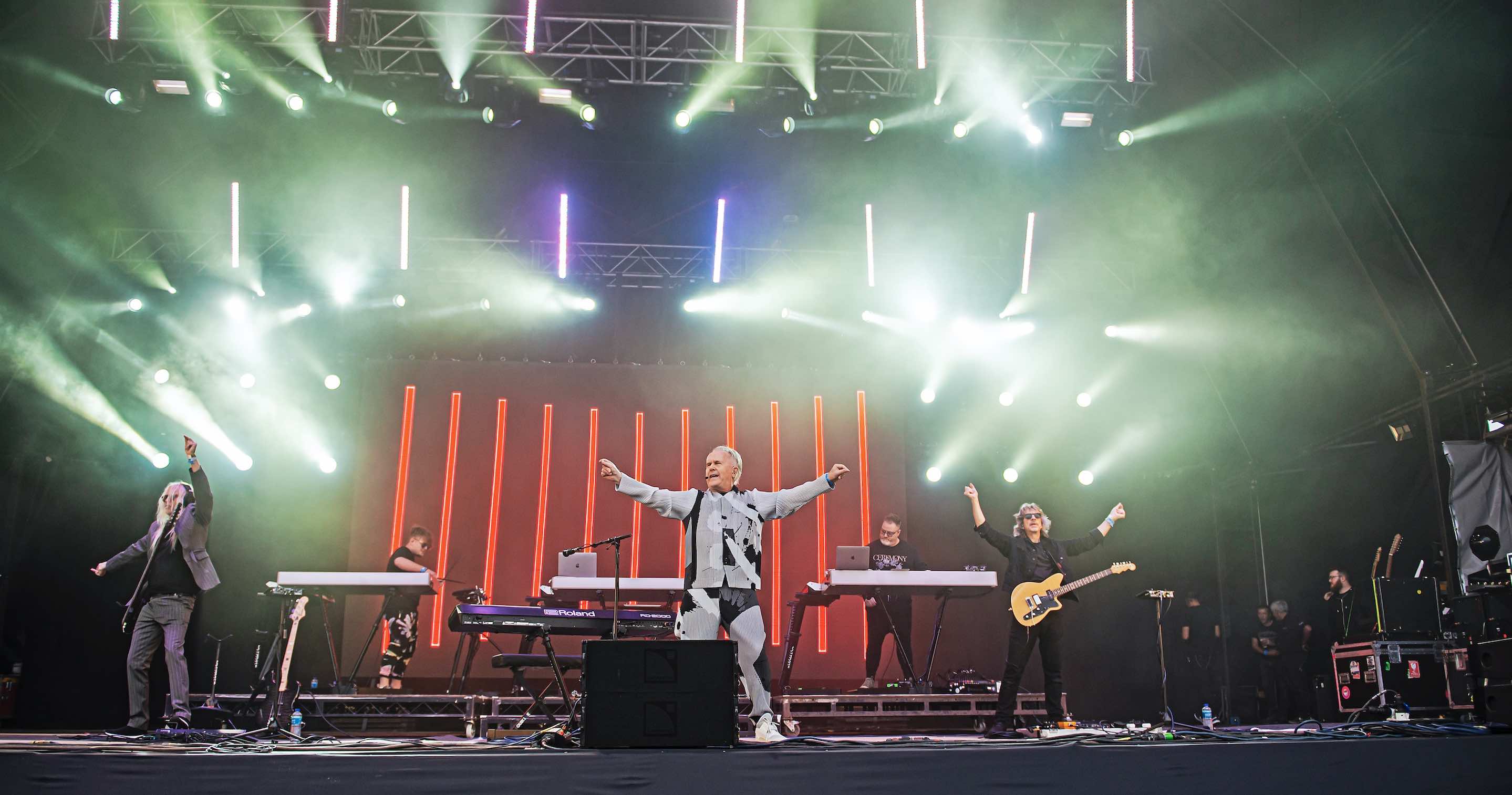
You’ve always gone that extra mile live. Electronic artists seem to have a duty to show the effort of ‘labour’ being put into an electronic performance.
"Well, everyone always assumes that it's just on tape or it's just off a computer. But I don't mind what people think, because you can't really give a seminar before every show to explain what's actually going on! And I think concerts should be a bit of magic anyway.
"But yeah, I've always liked the idea that you can go off-piste and improvise around stuff. We can cycle around choruses and solo sections using Ableton and you can change the structure on the fly. Whether people know it or not, it doesn't really bother me anymore. It did in the early days when I was young and people didn't understand how difficult it was to do the one man show. It was really challenging to do that and people had never seen it before, so they didn't know how it was being done.
"But now, loads of people can mess around with Logic and on their iPad and so they're much more clued up about the tech and what's possible. But things like [TC Helicon] Voicelive? I run Voicelive for harmonies and there's a Waves one as well. We run both so that I generate vocal harmonies with MIDI and that’s all live. So whatever phrasing I use is copied by my harmony buddies in the software. So I don't expect people to understand that. They’re like, ‘Oh yeah, the backing vocals must be on tape’. No, they're not. They're being generated live.
"I've always thought that, for me, the best place to be is combining great players on the stage like Nick Beggs and Robin Boult and Doug Yowell on drums, you know? Amazing players that could hold their own in any band, but then combine that with everything I've learned from technology over the years.
"To me that sounds like the place to be at this time, you know? To combine those two things."
I remember you were a big exponent of the keytar back in the day, the Yamaha KX5.
"Yeah, before that I strapped a [Moog] Prodigy around my neck, you know? With the wires? Mains and audio trailing behind me on a big snake! I never wanted to be static at the keyboard because that's so boring. And to be moving around with the keyboard and making sounds… So when the KX5 came out that was amazing for me. Very liberating. Instead of those ridiculous ones they had in the 70s that are like strapping a piano around you…"
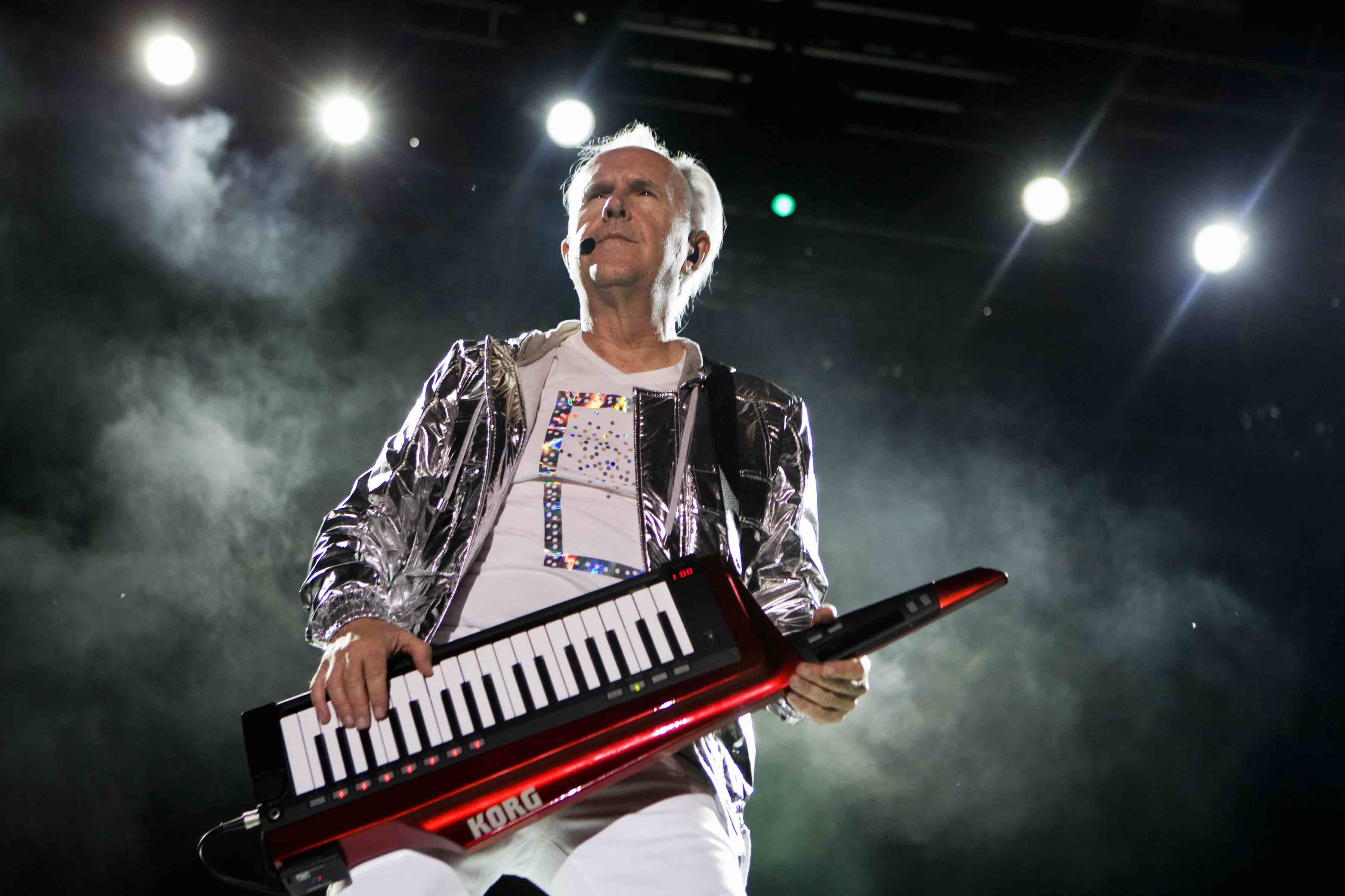
You mentioned your Moog Prodigy there. One of my favourite stories was how you ended up using two of them together…
"Well, I could barely afford even one and I remember going up to Denmark Street and buying it, and coming back to High Wycombe. And then, for some reason, I don't know why, they sent me another one! So I thought, ‘Oh, this is great! I've got one to play the bass parts on, and then the other I'll play all the lead lines with’. And so it became ‘a thing’. It was a gift really and an inspiration to have two of them.
"They've never been regarded as the apogee of Moog's output but for me, because they were affordable, I could work the knobs and learn about synthesis on them. It was a real godsend, really.
"And I did pay for them, by the way! No, I'm not gonna start my career ripping off great music stores! I did pay for the other one. [laughs]"
And you've increasingly moved digitally and into the box now?
"I still have the old gear, obviously. I’m keeping it well repaired, functioning so that I can use both. So I use my collection of keyboards and go in the box, too. I’m a big fan of [Apple] Mainstage. I use that in the studio, too."
Are you one of the folks wjp sprang 20 to 30 thousand on a Fairlight back in the day?
"Yeah, except it was 60 thousand. But, you know? You absolutely had to have one, right? To be able to sample that much? We even took it on the road for a few gigs, which is not a good idea. That was especially with the One To One album. There was a lot of Fairlight on that record.
"What I loved about it was the internal sequencer. It was the most accurate sequencer I've ever come across. It was lightningly correct if you know what I mean. MIDI is slightly different every time you play it back, but with the Fairlight things were right on top of each other and I really enjoyed that."
What was your ‘in’ to electronic music? I think people come to it either because they love the technology or they’re a player wanting to experiment. You’re obviously a great player…
"Those are my two passions, I suppose. That's why the Spirio has been so amazing. I can use both things that I've worked on for 40 years. So editing… When you play a piece where the tempo is moving all the time, and every bar may have a different time signature and all that stuff? When you're working off a grid and manipulating the performance using tempo - ‘Oh, I think that bar should actually be a little bit broader’ so you put a tempo curve on that particular bar?
"The Spirio keeps the emotion of still being able to work with it electronically. That’s been so enjoyable to me."
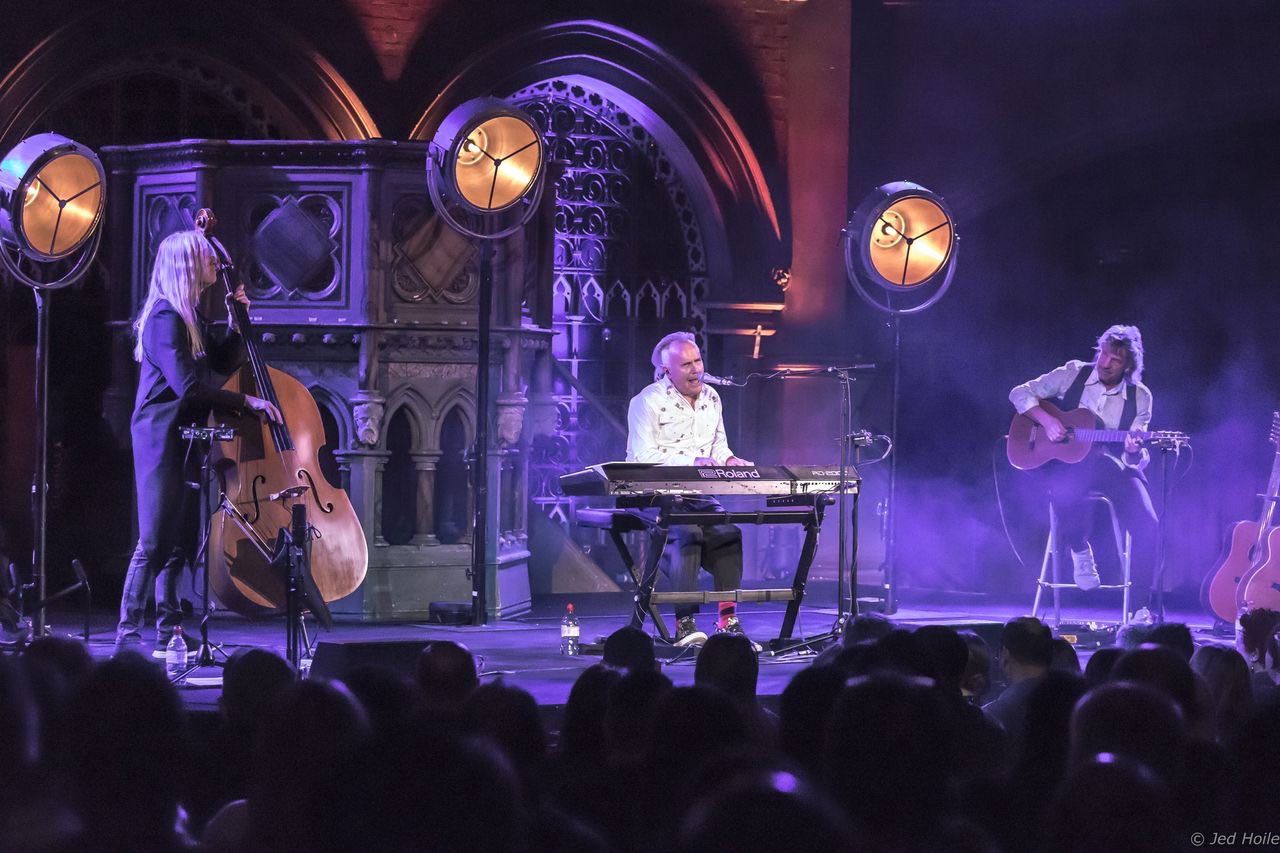
Has technology ever defeated you? Where you’ve gone down too much of a technical rabbit hole and too many options presented themselves?
"Yeah, that's a very good point. I think that can happen with any kind of art form - you can overcook it, you know? I think I’ve learned now, to know when to stop! Because otherwise you literally drive yourself insane. And artists do go mad! So I try to cultivate the wisdom to know when to stop and leave it."
And you're still doing lots of live work?
"Yes, I love playing live and I love sort of developing the way of doing live. We’ve just added a wonderful electronic drummer. I said to him, ‘Look, if you're gonna play with me, the whole kit's got to be electronic’ because I can't stand sound checks where people are bashing drums for hours to get a drum sound! It's so Neanderthal. I think, ‘Look, we're in the 21st century, aren't we?’
"So Doug [Yowell] and I worked on this drum kit that's based around an Yamaha electronic kit but using Zildjian electronic cymbals, which is so great. The great thing is you can have a different kit for every song. It's so flexible. And then you can save your work. So you don't have to recreate it every day and you're not stuck with like one drum sound for the whole gig.
"We're always trying to push things forward so that you can give the audience the most exquisite sound. And lots of excitement. Unexpected things happening, you know? The live versions don't sound like the record. They don't have the same arrangement as the record because I get bored with that. We keep evolving. Not being a museum piece. Still moving forward, but being aware that people really want to hear those songs but I want to bring a new twist to them."
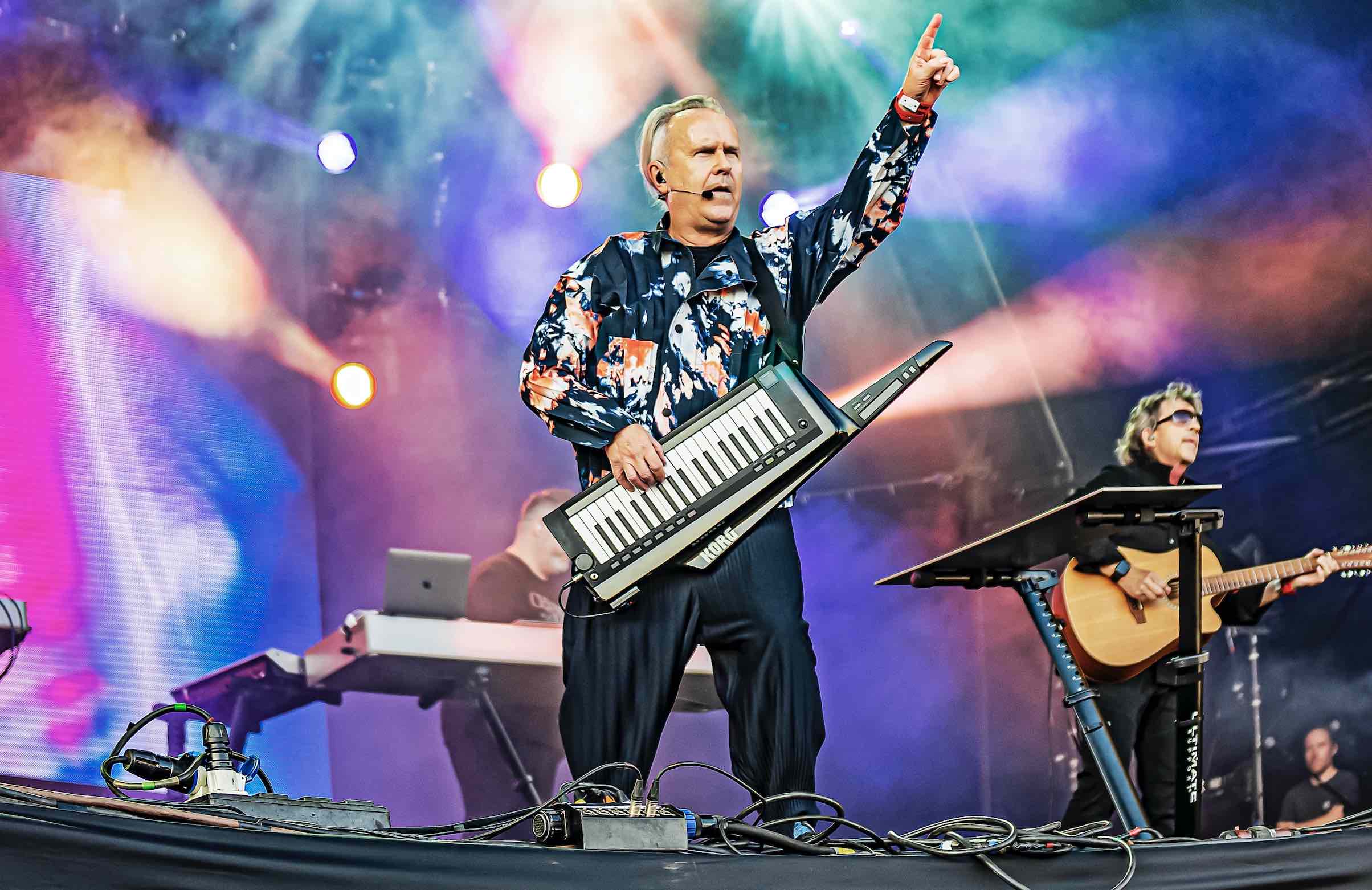
Any chance of any mime or dance going back on stage these days?
"No, but probably for the next tour we do in November, the UK tour, we're going to work with video again. I've got such an amazing lighting engineer called Jens who's just brilliant. It's worked so well, but I always wanted to do something a bit special with the UK shows. What I’m working with is a screen, but the screen is human sized. It's not like something that's dominating the whole of the back of the stage.
"This is so that you can film video against black and then have characters appear. So it's sort of in the lineage of when Jed was dancing with me on stage - to create these characters that you can interact with on the screen.
"So yeah, I'm always thinking about that sort of thing. I love putting on a show."
MR: One of my favourite performances of yours is at the 1985 Grammy awards. The synthesizer medley that you played a part in. That must have been a great experience putting that together.
"Oh God, absolutely! It's so funny. Me and Tom Dolby in London, at a studio waiting for Stevie [Wonder] to turn up… ‘Oh yeah, he's flying over. Yeah, he'll be there very soon’… And we waited and waited and waited… And he never made it.
"But the great thing was that we had to then go to LA and work in Stevie's studio with him and Herbie and the four of us. That was so special. And I got to jam with Stevie, you know? Like just me and him, one afternoon. The other two had gone off to do interviews or something. And we each had a keyboard and we were just like trading riffs and jamming together and it was like, ‘Wow’.
"Chatting with Stevie Wonder is pretty much heaven for me."
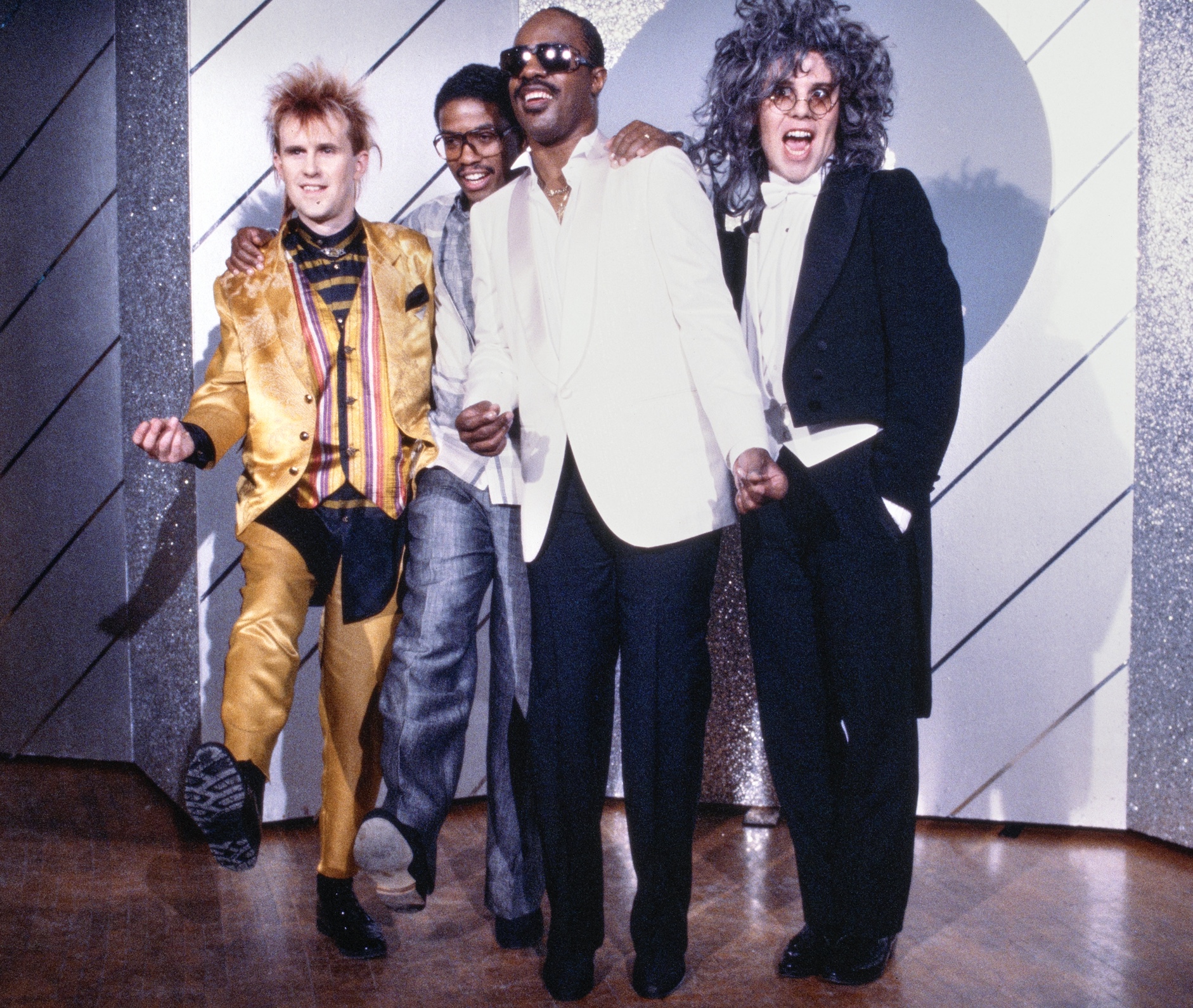
It’s so interesting how John Denver introduces it to America like ‘this really weird thing that you're about to see’…
"Yeah, that's right. It was a turning point, wasn't it? For us as keyboard players and people working with electronic music because it was suddenly saying - with Stevie and Herbie - they’re legends. And the new lads are me and Tom!
"It was giving all the technology and the prominence of the keyboards the green light, you know? ‘This is OK, this makes great music. It won't come round and eat your children!’
"This is just another set of instruments that we can do creative things with. I think things absolutely turned around that night. People stopped putting things on their record saying ‘No synthesizers were used in the making of this record’. It's the devil's work, I tell you!
"And those endless interviews… oh, you know, ‘electronic music has got no soul, it's got no heart, it's got no emotion’. Like what are you talking about?!
"My favourite way of explaining it was to say, ‘You've got a piano, right? Somebody comes in, sits down and plays and you just wanna run out of the room… But then another person comes in and starts playing, and brings tears to your eyes…’ You know? It's not the instrument. It's the person.
"The person's creativity and thought and artistry. And that - whatever instrument it is - that's the important factor."
How do you feel about today's music tech? We were talking earlier about the difficulty in working with tech and taking it out live. These days everyone’s got it too easy, right?
"I’ve always thought that it was a good thing. I used to say back in the '80s that the time is coming when people would be able to make records in their bedroom and on their computers, and that has definitely come about. And I think that's a great thing.
"There was a time when there was a piano in every household or there was a piano in every pub. And people would learn how to play. So now, that’s kind of expanded. I like that idea.
"What that does to people like myself - people going out there and playing live - is that you've got to raise your game. People can do fantastic things at home with their iPads, so you’d better be a few notches up on that and really put the effort in to make it very special.
"So, yeah, having music being accessible to more people has got to be a good thing. But when I think about the amount of music education that I got at school? That’s being eroded terribly. That was such a big part of my love of music. We really mustn't lose that because our country is so good at that. We have a real talent for producing amazing writers and musicians. But if that disappears from school? I think that's a really sad thing. I want that to come back."
What's next for you? After your Piano Completed album?
"The piano album is coming out 23 May, and then I want to get back to writing the next record. And I'm thinking it will feature heavily what I've learned about working with Spirio. I've done a lot of improvising that I've been collecting and I'm very interested in a collection of songs that isn't on the grid, if you know what I mean.
"Instead, it's got fluid tempo and fluid time because I think that's an area that has not been explored enough with electronic music. It’s still song-based and melody-based, but I'm thinking, ‘Yeah, that's what it should be like.’"
Find out more about Howard Jones' live dates at howardjones.com and pre-order Piano Composed here.

